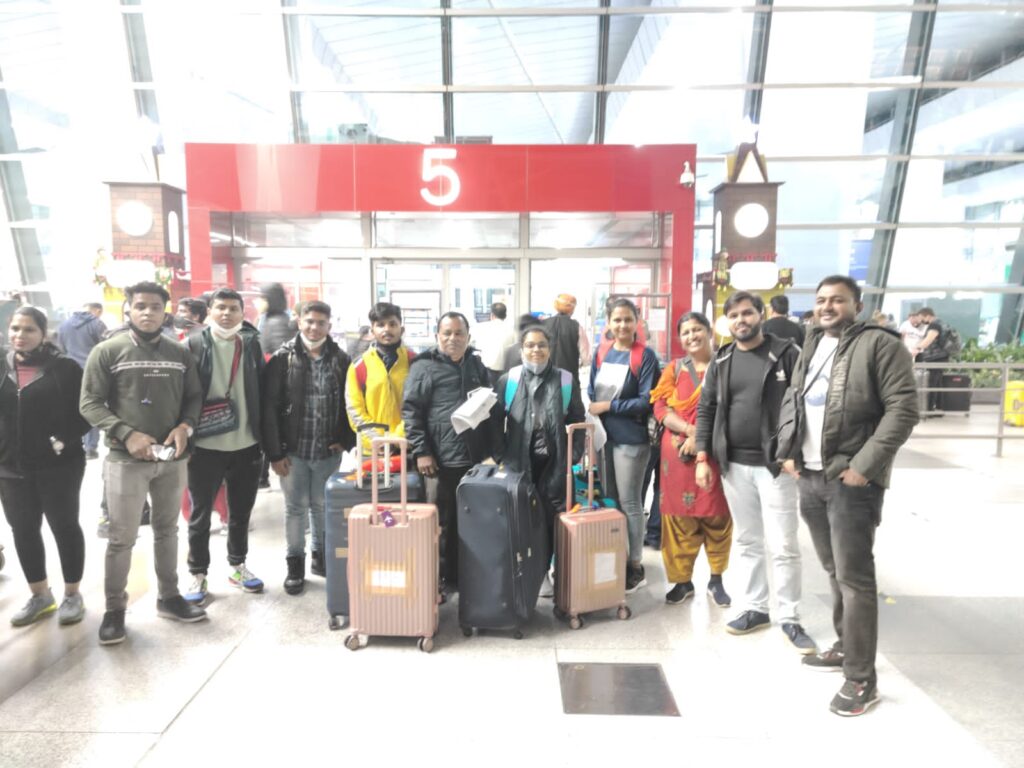Best and Affordable Medical Universities Abroad for Indian Students Pursuing an MBBS degree abroad has…
The Importance of a Support System When Studying MBBS in Philippines without NEET
![]()
The Importance of a Support System When Studying MBBS in Philippines without NEET
Nurturing Success: The Significance of a Support System When Pursuing MBBS in the Philippines without NEET
Introduction:
Embarking on a journey to study MBBS (Bachelor of Medicine and Bachelor of Surgery) in the Philippines without NEET (National Eligibility cum Entrance Test) is a significant decision that requires determination, resilience, and a strong support system. The absence of NEET, which serves as a standardized entrance exam in many countries, adds a unique dimension to this pursuit. In this blog post, we will delve into the importance of having a robust support system while pursuing an MBBS degree in the Philippines, explore the challenges one might face, and discuss how a support system can help overcome them.
Emotional Support:
Studying abroad, especially in a demanding field like medicine, can be mentally and emotionally challenging. Being away from family and friends, adapting to a new culture, and facing the pressure of academic expectations can cause feelings of loneliness and homesickness. A support system consisting of family, friends, peers, and mentors can provide the much-needed emotional support during these times. They can offer encouragement, lend a listening ear, and provide advice to help you navigate through difficult situations.
Academic Guidance:
Without the NEET examination, aspiring medical students may have concerns about the credibility and quality of the institutions they choose in the Philippines. A well-established support system can help alleviate these concerns by providing guidance and recommendations regarding reputable universities and colleges. Mentors who have already completed their MBBS degrees in the Philippines can offer valuable insights into the academic structure, curriculum, and teaching methodologies. They can also provide study tips, suggest resource materials, and offer assistance in grasping complex subjects, ultimately enhancing your academic performance.
Peer Collaboration:
Studying MBBS requires extensive teamwork and collaboration, as students often engage in group projects, practical exercises, and clinical rotations. A robust support system can connect you with like-minded peers who share similar aspirations and goals. By engaging in group study sessions, sharing notes, and discussing complex medical concepts, you can reinforce your learning and enhance your understanding of the subject matter. Additionally, collaborating with peers can also foster a healthy competitive spirit, motivate you to strive for excellence, and provide an opportunity to broaden your perspectives through cultural exchange.
Cultural Integration:
Adapting to a new culture and environment can be overwhelming for international students pursuing MBBS in the Philippines. A support system comprising local students, university staff, and community members can help facilitate cultural integration. They can introduce you to local customs, traditions, and social activities, making you feel more at home. Moreover, this support network can assist with practical matters such as finding accommodation, navigating transportation systems, and accessing essential services, easing your transition into a new country.
Career Guidance:
Planning for a successful medical career requires guidance and mentorship from experienced professionals. A support system that includes mentors, professors, and alumni who have completed their MBBS in the Philippines can offer valuable insights into the career paths available, residency programs, and specialization options. They can provide advice on exams, licensing procedures, and help you identify potential internship or job opportunities. By leveraging their expertise, you can make informed decisions regarding your future career and chart a path towards professional success.
Conclusion:
Studying MBBS in the Philippines without NEET presents unique challenges, but with a robust support system in place, these challenges can be overcome. A strong support system provides emotional support, academic guidance, peer collaboration, cultural integration, and career guidance. By surrounding yourself with individuals who believe in your abilities and are invested in your success, you can navigate the ups and downs of the journey, achieve academic excellence, and lay a solid foundation for a rewarding medical career. Remember, no journey is meant to be taken alone, and having a support system by your side can make all the difference in your pursuit of success.





